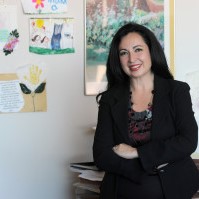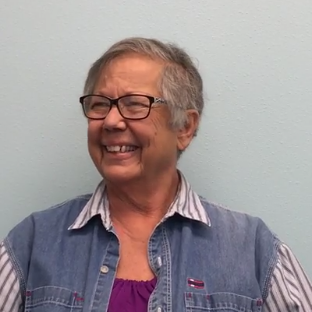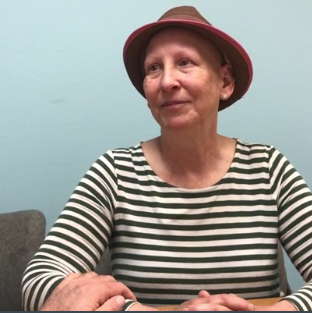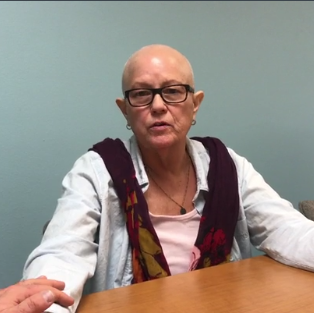While all women are at risk of gynecologic cancer, some women are more likely to receive a gynecologic cancer diagnosis. Age, family history, lifestyle, and environmental factors can all increase your risk. But so can your background.
Minority women are at greater risk of some types of gynecologic cancers and are also more likely to be diagnosed later or die from other types. Here’s what minority women should know about gynecologic cancer.
Some Cancers Are More Common in Minority Women
Some cancers are more commonly found in minority women. These include:
- Cervical cancer. This is found most commonly in Hispanic women, followed by Black women. Regular pap tests and HPV vaccination can reduce your risk or help with timely diagnosis.
- Endometrial cancer. Though found more commonly in white women, endometrial cancer is more deadly for Black women, who often exhibit more aggressive tumors that are more difficult to treat. Early diagnosis can be a lifesaver.
- Ovarian cancer. Some groups of women, such as those of Ashkenazi or Asian Pacific Islander descent, are more likely to have a gene that makes them more predisposed to both breast and ovarian cancer.
Routine Exams Save Lives
While many forms of cancer are not preventable, early diagnosis can save lives. Often gynecologic cancers are caught later in Black, Latinx, Native American, and other minority women due to issues of access or awareness regarding routine check-ups and scans.
While routine check-ups and scans can’t prevent cancer, they can help identify cancer early, when it is most treatable. If you, a loved one, or a family member has missed an annual check-up, encourage them to make an appointment today. If cost, travel, or language barriers exist, talk to your local provider about your options. There are many services and programs available to help provide fair and equitable healthcare access to minority women.
You Can Reduce Your Risk
While there’s no way to prevent most cancers entirely, you can reduce your risk for many types of cancers. Risk-reducing behaviors include:
- Maintaining a healthy weight. Obesity is a risk factor for gynecologic cancer. Maintaining a healthy weight through regular movement and healthy eating can reduce your risk.
- Not smoking and drinking in moderation. Smoking is a cancer risk factor. Avoid or quit smoking, and if you drink, follow recommended guidelines for drinking.
- Get the cervical cancer vaccine. The HPV vaccine protects against the strains of HPV that cause cervical cancer. Getting the vaccine can reduce your risk of cervical cancer. Safe sex using a barrier method can also reduce your risk of HPV and, therefore, cervical cancer.
- Knowing your family background. If a close family member has had gynecologic cancer, or you’ve had another cancer diagnosis, you’re at greater risk for gynecologic cancer. Learn your family background so you know what to look out for.
- Know the signs of gynecologic cancer. The signs of gynecologic cancer vary but include irregular bleeding, spotting, back pain, bloating, changes to bathroom habits, and pain during sex. Be on the lookout for these signs and make an appointment with your doctor if you start experiencing any of these.
- Attending routine visits. Routine visits with your doctor are important from a screening, diagnostic and educational perspective. Your doctor can check for signs of cancer, perform testing if needed, and help you learn what to look out for.
Book Your Routine Appointment Today
If you’re a minority woman, the most important thing you can do for your gynecologic health is book your routine check-up. Talk to your provider about recommended screenings and exams, and work with them to learn more about gynecologic cancer risk factors, signs, and risk-reduction methods. If a loved one is behind on their appointments, encourage them to book their appointment as soon as possible. Early diagnosis can save lives.
If you’ve had a cancer diagnosis and are looking for a provider to oversee your treatment, talk to the team at Southwest Women’s Oncology and Health today.
TESTIMONIALS

“She made sure I understood everything. If I had questions after hours, I could always call her on her cell. I never felt like I was a burden. I know Dr. Finkelstein is here for me.”

“I was very impressed when I met Dr. Finkelstein. She was relatable. She has two young children and a career. I have two young children and a career.”

“They were very empathetic, very knowledgeable, very efficient and they are my friends today. I love them all. I come in here just to say hi to everybody and Dr. Finkelstein. I have complete and total trust in her and her abilities. Everything she has told me and done is just above board and I have complete faith in her.”

“I was so comforted and excited to have someone listen and hear what I had to say and actually supported me. I appreciated the balance immensely of true knowledge and willingness to be open to what I was finding in regard to alternative medicine.”

“I’m grateful that Karen came into my life. She has so much integrity and love for her patients and if you end up here you are in a good place.”
OUR MISSION
To help women triumph over their gynecologic and oncology needs in a warm and nurturing way.

